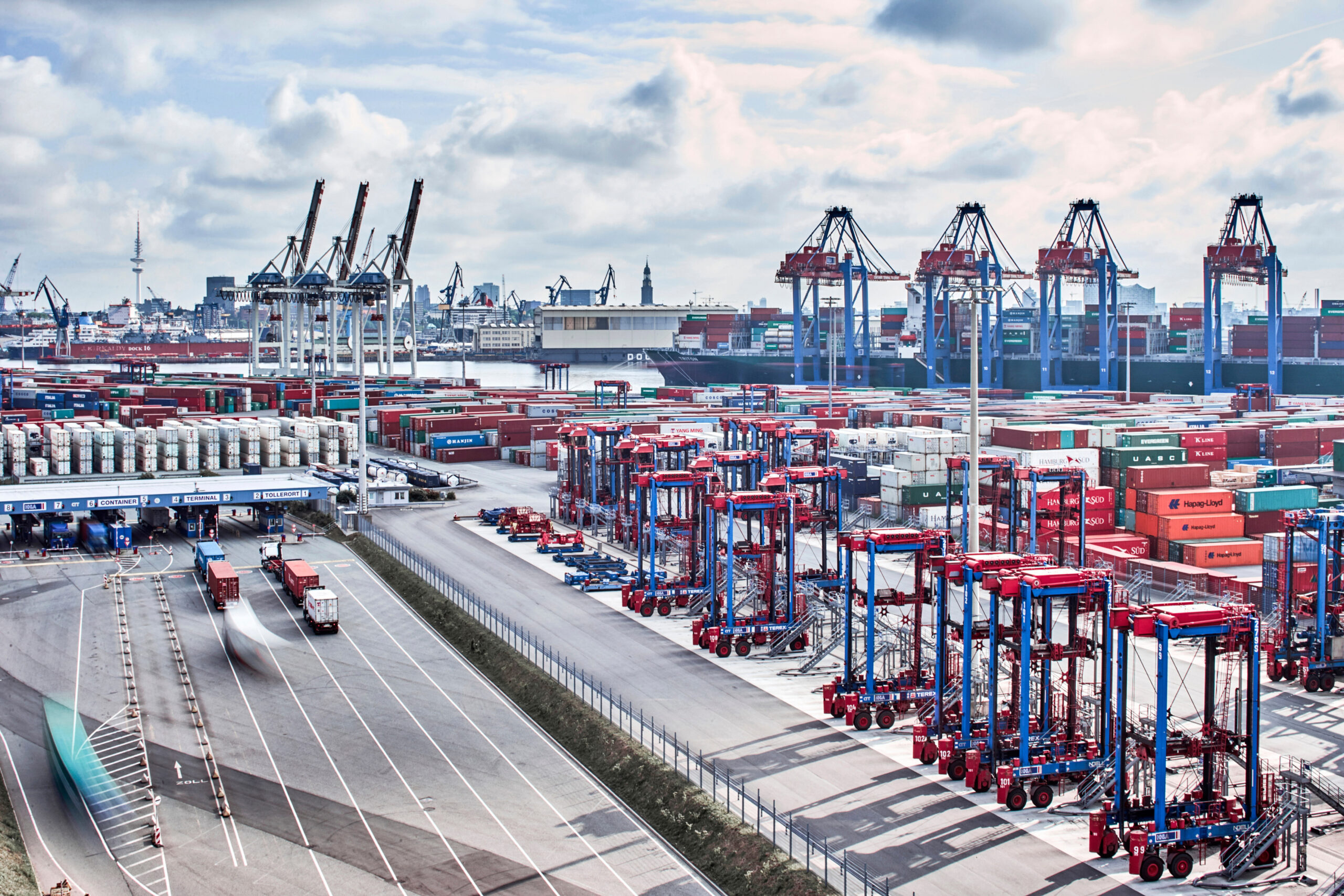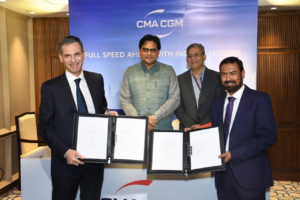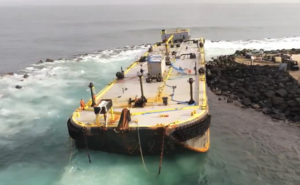Switzerland-based container line giant MSC Mediterranean Shipping Company had received all regulatory approvals for participation in HHLA.
HHLA said on Friday that all closing conditions for the voluntary public takeover offer of Port of Hamburg Beteiligungsgesellschaft SE, a wholly owned subsidiary of MSC Mediterranean Shipping Company S.A. (MSC), have been fulfilled.
After the European Commission granted merger control clearance at the beginning of October, the last outstanding closing condition has now been met with merger control clearance in Ukraine.
To remind, HHLA with its dense network of seaport terminals in Hamburg, Odessa, Tallinn and Trieste, is one of the terminal operators in the Port of Hamburg and also a major logistics company.
One of the next steps is for shareholders to receive €16.75 for each HHLA Class A share tendered.
“The European Commission has cleared the joint acquisition of Hamburger Hafen und Logistik AG (HHLA) by MSC and HGV,” said on October 4 the CEO at MSC Mediterranean Shipping Company, Soren Toft.
“We are one step closer to completion, awaiting the Ukraine clearance,” noted the company’s chief executive Toft, adding that “we look forward to working with HHLA to support the growth of the Port of Hamburg and to further strengthen our operations across Northern Europe.”
After a contentious fight, union opposition, and delays, on November 14 the last closing condition for the voluntary public takeover offer by MSC was met with merger control clearance in Ukraine.
Hamburger Hafen und Logistik Aktiengesellschaft (HHLA AG) will continue to be majority-owned by the City of Hamburg, the port of Hamburg said on Friday, adding that it will be further developed together with the new major shareholder Mediterranean Shipping Company.
HHLA cited a significant rise in transport volume, and a positive growth in revenue and earnings in the first nine months of 2024.
In addition to a significant rise in transport volume, higher storage charges at the Hamburg container terminals owing to temporarily longer container dwell times, as well as the expansion of the European network, all had a beneficial effect, according to HHLA.



